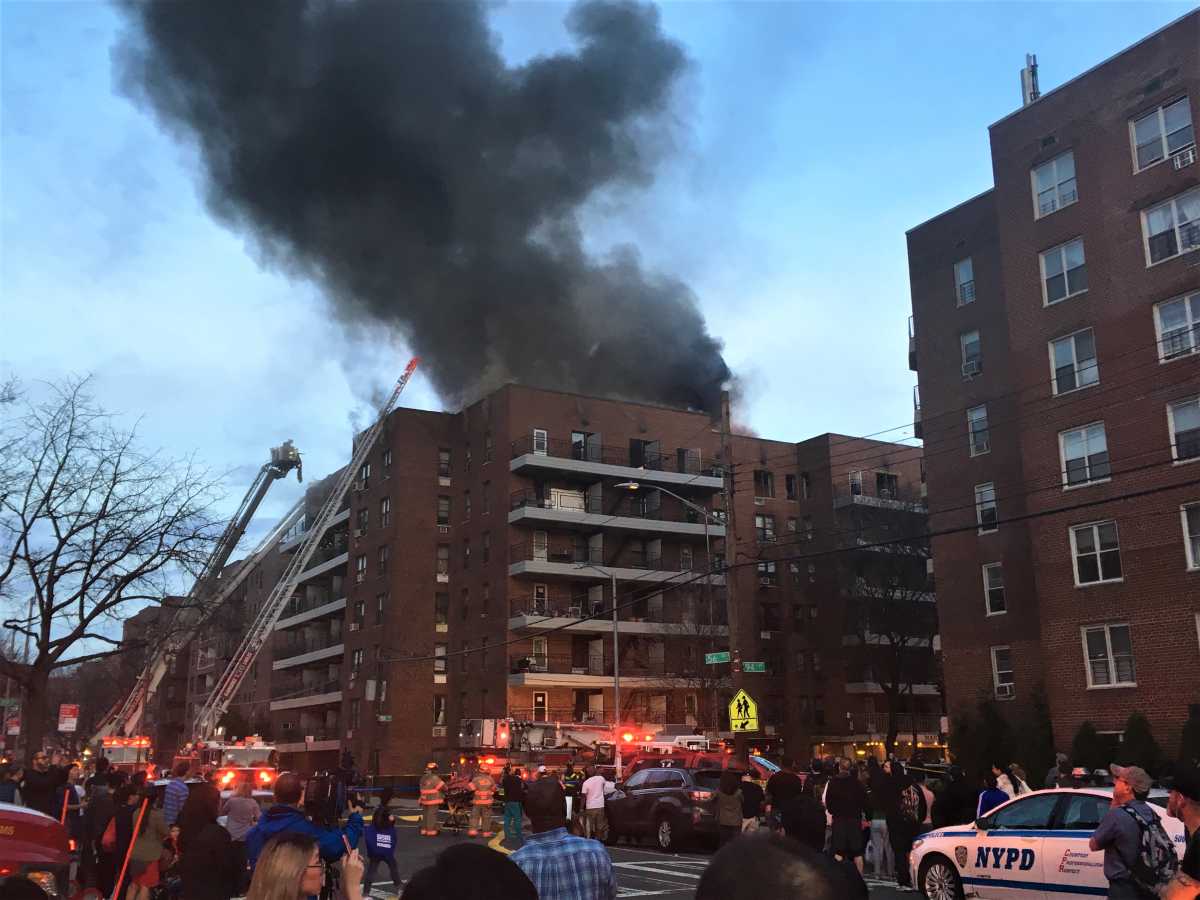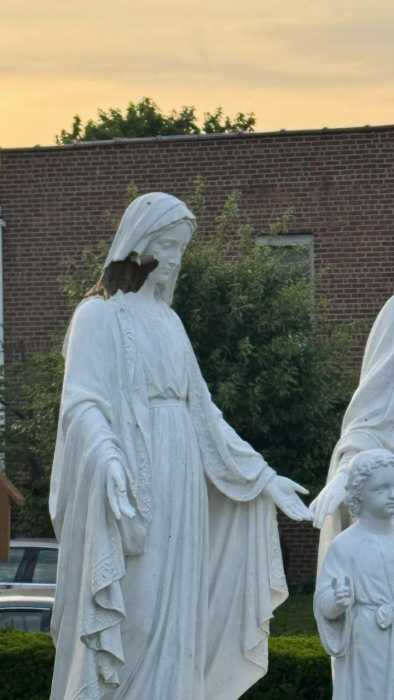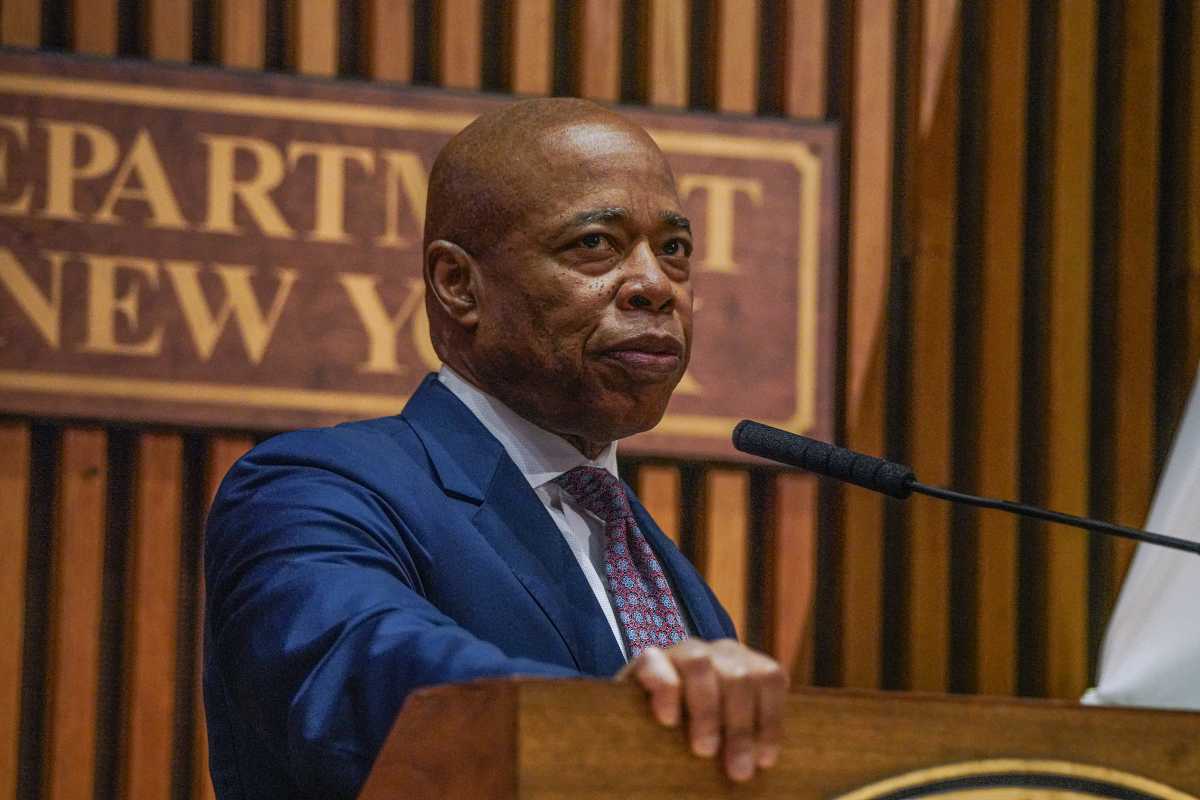Cocklofts — spaces between the upper floor and roof of many older Queens homes — have helped fan the flames of numerous severe fires throughout Queens in recent years, including one in Middle Village in 2013 and a fire in a high-rise building in Elmhurst this April.
Now, a Queens elected official is looking to help residents get a tax break for removing the potentially dangerous cocklofts from their dwellings.
Many homes constructed in the last century had cocklofts to allow for drainage and temperature control. Although connected row houses are no longer designed and built with cocklofts, many homes in the borough still have them, and they could prove dangerous if a fire breaks out.
In 2013, a five-alarm blaze in Middle Village spread through cocklofts and damaged seven homes while also injuring 11 firefighters. Since then, state Senator Joseph Addabbo introduced, and recently passed, legislation (S.3065) in the Senate that would provide homeowners with economic incentives to remove cocklofts in their homes.
“At that time, I decided to introduce legislation to aid homeowners in making structural modifications to their properties to eliminate these serious fire hazards,” Addabbo said. “Over the years, there has been growing evidence that cocklofts lead to extremely fast moving and hard-to-control flames that put both residents and firefighters at extreme risk, and we need to address these dangers.”
Under this piece of legislation, residents with cocklofts in their homes would be able to apply for a 30 percent tax credit in order to repair them. Refundable credits of up to $500 would help eligible homeowners afford the cost of making these improvements and getting rid of the dangerous the fire hazards.
“Clearly, if we can do something to address the serious dangers that cocklofts pose to our residents and emergency personnel, we should do it,” Addabbo said. “This legislation seeks to lend a hand to homeowners who might otherwise be unable to afford the improvements. In turn, we will be able to provide safer neighborhoods for all of us, and very possibly save lives and prevent unspeakable tragedies.”
The bill is currently under review by the State Assembly Ways and Means Committee.






































